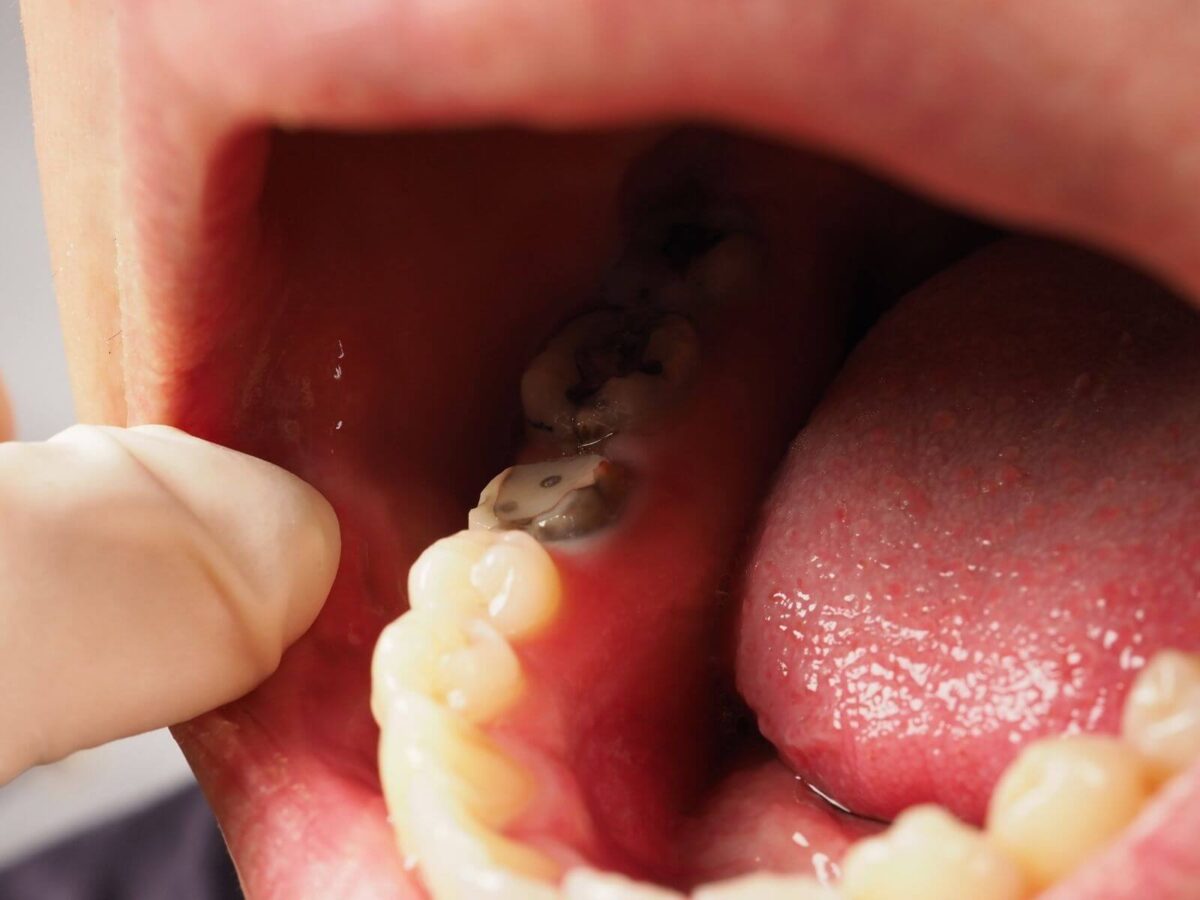Blog
Dental hygiene tips for healthy teeth & gums

The Role of Fluoride In Strengthening Your Teeth And Preventing Decay
Have you ever thought about why fluoride is such a big deal in dental care? You most likely heard your dentist mention it, seen it in toothpaste advertising, or even found it in your tap water. But exactly what does it do, and why are your teeth so dependent on it?
We discuss the amazing contribution this mineral makes to preserve your smile, robust and cavity-free. We also go over some of the benefits of fluoride for teeth. Let us define what it is before then.
What are Fluorides?
They are natural minerals that are found in water, soil, plants, and even some foods. Their great capacity to prevent cavities and strengthen teeth is well known. For this reason, many businesses include it in toothpaste, mouthwash, and even public water sources. But practically, how does it work? Let’s explore it in the next section.
How Fluoride Strengthens Teeth
Your teeth continuously cycle in demineralization and remineralization. That implies the following:
- So, when you munch on sugary or acidic foods and drinks, those oral bacteria can really go to town on your enamel, leading to demineralization.
- Saliva helps bring calcium and phosphate back to the enamel when it’s going through remineralization.
Toughening enamel against acid assaults speeds remineralization. It builds the surface of your teeth and even stops early-stage decay before cavities develop.
Prevention of Fluoride and Cavities
Cavities result from demineralization exceeding remineralization, which creates enamel gaps. Hence, fluoride and cavity prevention are correlated. This mineral lessens the enamel gap formed by the cavities by:
- Stopping Bacteria: It lessens the capacity of cavity-causing bacteria to generate damaging acids.
- Repairing Decay: It strengthens eroded enamel, therefore preventing the worsening of minor cavities.
- Building a Shield: An enamel rich in this mineral is smoother, stronger, and more acid erosion resistant. Hence, it is sometimes referred to as “nature’s cavity fighter!”
5 Benefits of Fluoride for teeth
Strong and healthy teeth are mostly dependent on fluorine. Its everyday consumption helps to preserve dental health and shields teeth for a long duration. Here are the five main benefits of using it for keeping cavities at bay and boosting your teeth:
- Prevents Tooth Decay: It can increase enamel remineralization and address the early stages of tooth decay. Strengthening those weak areas before cavities develop will assist in preventing dental problems down the road.
- Strengthen Dental Enamel: Foods and beverages high in acids can seriously dull your teeth’ enamel. It fortifies our teeth by helping to protect enamel from acid damage.
- Reduces Tooth Sensitivity: Fluorides link with little nerve terminals and help strengthen enamel, therefore lowering tooth sensitivity. It enhances your taste buds for spice-based cuisine.
- Eliminates Harmful Bacteria: Fluoride gets rid of those bothersome germs, therefore reducing cavities and plaque. Maintaining gum disease and bacterial avoidance depends on your dental hygiene.
- Enhances Oral Health: Long-term tooth health relies on consistent consumption of this mineral in the form of toothpaste or water. From newborns developing their first teeth to adults keeping their smiles shining, everyone depends on dental health.
Fluoride Sources: Where Might One Find Them?
There are several ways to receive enough of this mineral to maintain dental health. The most often occurring sources are these:
- Water: To help a community as a whole avoid cavities, many communities include fluoride in their tap water. Studies reveal that fluoridated water helps children and adults to avoid almost 25% of tooth decay! Ask your dentist about different sources if fluoridated water is not available in your area.
- Toothpaste: One of the easiest approaches to strengthening your enamel is brushing twice a day with fluoride toothpaste. The advised dosage for cavity prevention is at least 1,000 ppm (parts per million); hence, look for toothpaste with this level.
- Mouthwash: Particularly if you wear braces or have experienced cavities in the past, a fluoride rinse can truly improve your oral hygiene regimen. Just be careful you avoid swallowing that!
Treatments: During appointments, the dentist may apply varnish, foam, or powerful fluoride gel. Particularly if you usually get cavities readily, these treatments actually assist in preserving your teeth. - Supplements: For children lacking enough nutrition or water sources, dentists may occasionally issue prescriptions for pills or drops.
Who Requires Additional Fluoride?
Although the mineral is recommended for everyone, some persons gain the most from additional treatments.
- Children: Strong enamel depends on fluoride in developing teeth.
- People with Dry Mouth (Xerostomia): It is especially important for those with dry mouth (Xerostomia) since less saliva results from less natural remineralizing.
- People with Braces or Dental Work: Braces, crowns, and fillings make cleaning difficult and raise cavity risks for those who have dental work.
- Regular Snackers and Soda Drinkers: It helps shield your teeth from decay if you consume a lot of sweet or acidic meals.
Last Thought
Among the finest protections against tooth decay is fluoride. Your teeth need to be strong, healthy, and cavity-free, whether it is in your water, toothpaste, or professional treatment. See a dentist at the Jasper Dental Office in TX to be sure you are getting a sufficient amount of it!
They can guarantee you are on the correct road for a lifetime of healthy smiles and suggest the benefits of fluoride for teeth along with its sources. Thus, know that you are providing your teeth the protection they deserve the next time you sip fluoridated water or brush with fluoride toothpaste!


